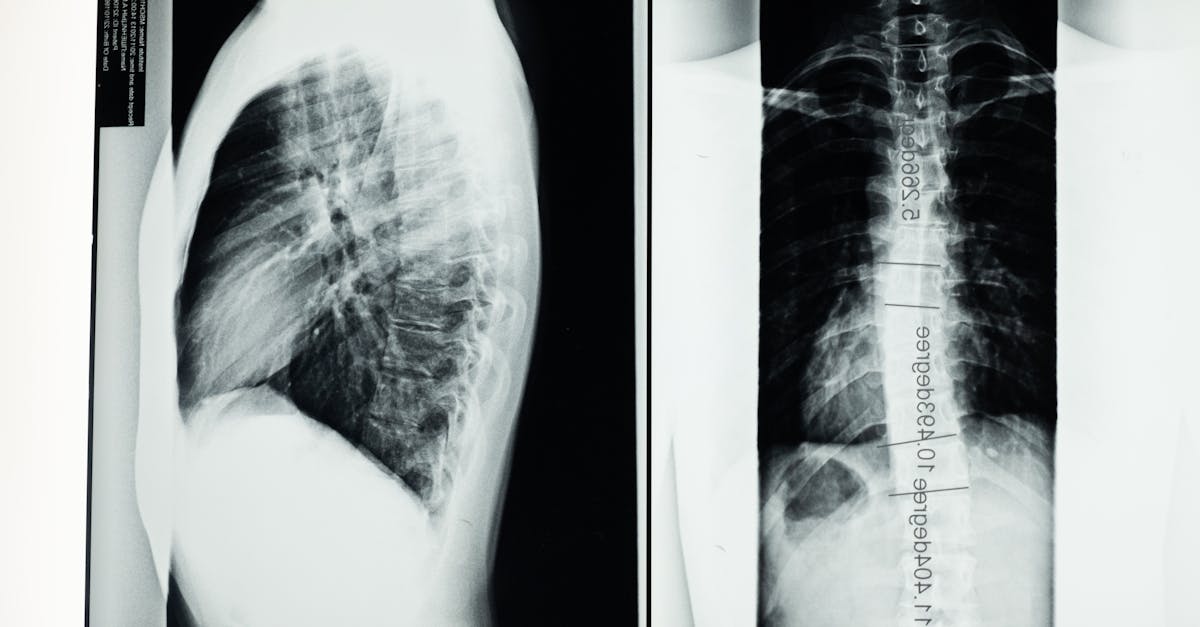Medicare Under 65 Disabilities
Introduction
Understanding the coverage offered by Medicare before age 65 is critical for many individuals with disabilities. While traditionally considered for those 65 and older, Medicare also provides this necessary option for younger people. This article explores the conditions and criteria under which a disability qualifies for Medicare support prior to reaching 65.
Advertisement
Eligibility Overview
Medicare provides coverage to certain individuals under the age of 65 who meet specific criteria. Primarily, coverage is extended to those who are eligible for Social Security Disability Insurance (SSDI). After receiving SSDI benefits for 24 months, individuals automatically qualify for Medicare.
Advertisement
Amyotrophic Lateral Sclerosis
For individuals diagnosed with Amyotrophic Lateral Sclerosis (ALS), commonly known as Lou Gehrig's disease, Medicare coverage begins immediately once they start receiving SSDI. This condition qualifies due to its severe, progressive nature, necessitating timely and comprehensive medical care.
Advertisement
End-Stage Renal Disease
Another condition qualifying for immediate Medicare coverage is End-Stage Renal Disease (ESRD). Individuals with chronic kidney failure requiring dialysis or a kidney transplant do not have to wait for a 24-month period. With necessary documentation, coverage can begin as soon as medical treatments are recognized.
Advertisement
Social Security's Role
To initiate Medicare coverage under 65, it's essential first to apply for SSDI through the Social Security Administration. SSDI not only offers financial assistance but also serves as the gateway to Medicare for eligible individuals. Determining eligibility typically involves medical evaluations and documentation.
Advertisement
Qualifying Medical Conditions
Various medical conditions, aside from ALS and ESRD, can qualify individuals for SSDI, eventually paving the way to Medicare. These conditions range from mental health disorders, heart disease, and neurological disorders to certain types of cancer. Each case undergoes thorough assessment to ensure it meets Social Security's disability criteria.
Advertisement
Importance of Timely Application
Timely application for SSDI following a disabling condition is crucial to access Medicare benefits at the earliest. Delays in applying or providing incomplete documentation can postpone these critical health benefits, affecting an individual’s access to medical care and financial support.
Advertisement
Coverage Scope
Once qualified, Medicare provides comprehensive coverage, including hospital care, outpatient services, and prescription drugs. These benefits ensure that younger individuals with severe disabilities receive the necessary medical attention, improving quality of life and health outcomes.
Advertisement
Navigating Medicare Options
Even under 65, individuals have choices in their Medicare plans, such as opting for Medicare Advantage or adding supplemental insurance. Evaluating these options can help optimize personal coverage, catering to specific healthcare needs and financial situations.
Advertisement
Conclusion
In summary, Medicare affords vital healthcare coverage to individuals under 65 who meet specific SSDI requirements. Conditions like ALS and ESRD enable more immediate access, reflecting the program’s commitment to supporting severe disabilities. Timely application and informed decisions regarding Medicare plans can significantly impact healthcare quality and accessibility.
Advertisement

